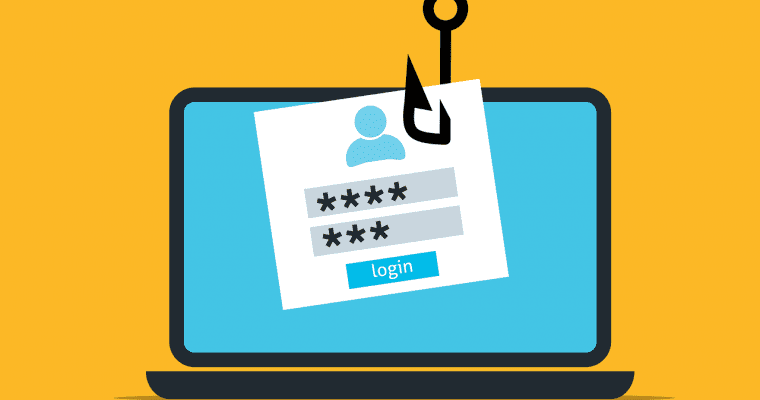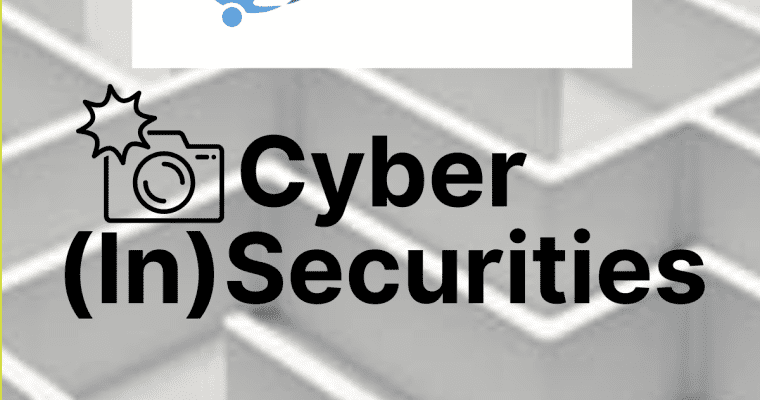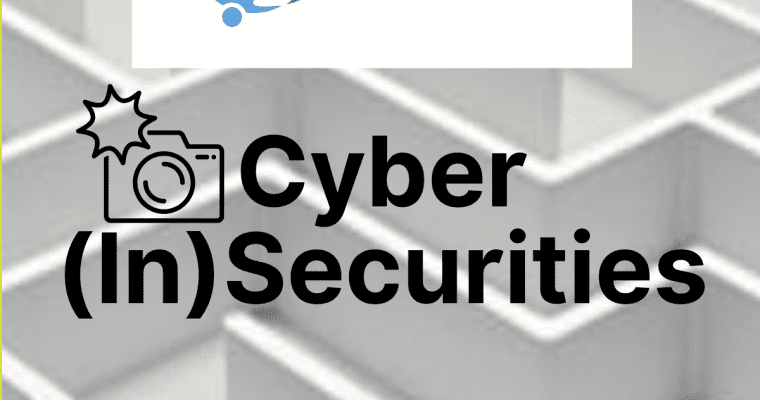Recent Posts
Week 30 – Update your on-prem SharePoint ASAP
21 – 27 July 2025 In recent days, the cybersecurity community has been focusing on newly discovered critical SharePoint vulnerabilities, so it was an easy choice to pick our CVE of The Week. The issue with the highest score is tracked as CVE-2025-53770 and has …
Week 29 – Vulnerability in Google Chrome
14 – 20 July 2025 This week our focus moved to a vulnerability in Google’s browser, tracked as CVE-2025-6558, because it possibly has been exploited in the wild. This flaw scored 8.8 CVSS score and allow a potential remote attacker to escape the sandbox environment …
Cyber (In)Securities – Issue 164 – Snapshot Edition
Critical GPU Vulnerabilities, SonicWall Exploits, and ICS Alerts In this edition of Cyber (In)Securities, we explore urgent developments in global cybersecurity. Nvidia’s recent GPU vulnerabilities expose critical risks in modern compute architecture, while attackers exploit fully patched SonicWall VPNs and abuse Microsoft Teams to deploy …
Week 28 – Critical vulnerability in OT environment
07 – 13 July 2025 OT environments power things that keep our world turning, from factories to critical infrastructure like power plants. As one can imagine, the security of such systems is paramount. However, they pose very different challenges from traditional IT networks. As an …
Cyber (In)Securities – Issue 163 – Snapshot Edition
eSIM Surveillance Risks, North Korea’s IT Schemes, and Bluetooth Car Vulnerabilities This week’s issue uncovers major threats impacting millions of users and critical infrastructure worldwide. From a six-year-old Java flaw exposing billions of eSIMs to surveillance, to North Korea’s covert IT worker operations resulting in …
From Targets to Co-Designers: Empowering Gen Z in the Age of AI
Gen Z is the first generation to grow up entirely within an AI-powered world. From school apps that track their attention spans to platforms that curate their every scroll, they’ve been nudged, measured, and profiled by algorithms long before most could give meaningful consent. And …
Quantum Apocalypse: Fortifying Critical Infrastructure in the Age of Cyber Warfare by Sapann Harish Talwar
Quantum computing is no longer a future concept. It is becoming a reality that brings both breakthroughs and significant cybersecurity risks. This paper explores what experts are calling the “Quantum Apocalypse,” a future scenario where quantum computers have the power to break today’s encryption methods. …






